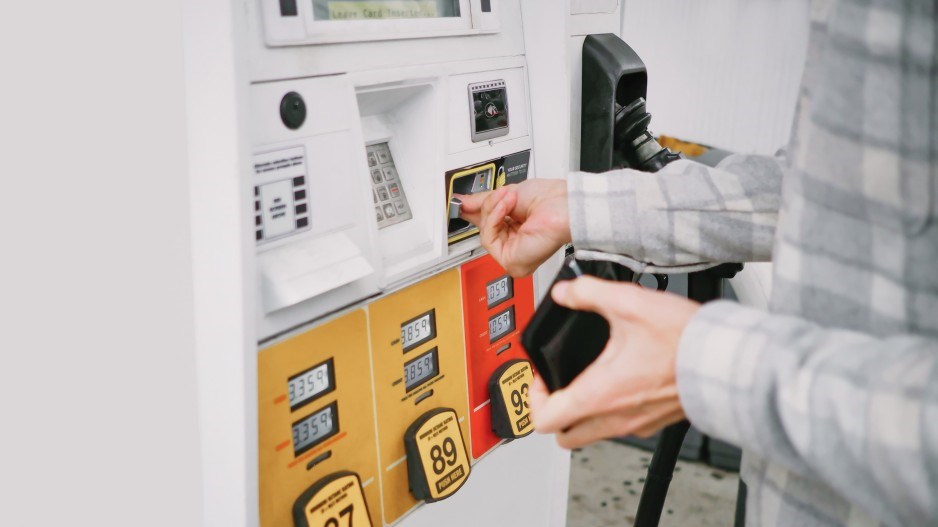Premier David Eby should look to New Democrats in Manitoba for ideas to make life more affordable.
Manitoba’s new premier, Wab Kinew, promised to suspend the provincial gas tax.
“I don't know about you, but in our household, the workhorse that we use to drive to work, to drive the kids to their activities is a pickup truck and it takes 100 litres to fill up every time we go to the pump,” Kinew said. “That means that this announcement for a family using a vehicle like [that], it'll save you $14 every single time you gas up.”
With the Manitoba NDP joining the chorus of provinces cutting gas taxes, it’s become clear it’s not a partisan issue. Conservative, Liberal and NDP politicians across the country have taken action to reduce gas taxes.
Politicians are coming out against sky-high gas taxes for good reason. High fuel taxes mean high costs for everything delivered by truck, train or plane. And higher prices for anyone buying those goods delivered to the store.
Across the country, 55 per cent of Canadians believe the federal carbon tax should be cut or killed, while in B.C. that number shoots up to 60 per cent. The carbon tax has roughly the same impact on the price of fuel as B.C.’s provincial gas tax. So it’s fair to say British Columbians want our provincial government to provide gas tax relief, too.
Eby should follow the lead of other provincial premiers and cut gas taxes. That’s especially needed in B.C. as drivers pay the highest gas taxes in the country.
Taxes currently add up to 64 cents per litre to the price of fuel in B.C, and even more in Vancouver and Victoria. The provincial motor fuels tax makes up 14.5 cents per litre of gas.
Removing the provincial fuel tax would save British Columbians $1.1 billion in 2024. That’s money that would be used by taxpayers to support their families and grow their businesses, instead of being spent by bureaucrats in Victoria.
Gas taxes are also regressive, meaning they harm the poorest Canadians the most. That’s because poor families spend a higher proportion of their income on fuel taxes compared to richer families.
If the province holds the line on spending in 2024, there would be more than enough savings to totally eliminate the provincial fuel tax.
Importantly, high taxes on fuels in Canada won’t stop climate change.
“Canada’s own emissions are not large enough to materially impact climate change,” according to the Parliamentary Budget Officer.
Despite having the ninth largest economy in the world, Canada is only responsible for 1.5 per cent of emissions. Climate change is a global problem that won’t be solved by making life more expensive in B.C.
The provincial government claims it can’t reduce fuel taxes because of federal government regulations mandating a carbon tax. But that doesn’t pass the sniff test. Many provinces have already cut gas taxes.
Alberta’s provincial gas tax has been suspended for the past year-and-a-half. Ontario cut taxes from 14.7 cents per litre to nine cents per litre. Newfoundland and Labrador is another example of a Canadian province that cut motor fuel taxes to save taxpayers money. And Manitoba’s new premier promised to suspend its gas tax for at least six months, or “so long as inflation remains high.”
Everyone from Manitoba’s New Democrats to Alberta’s United Conservatives agree that now is a good time to cut gas taxes to help folks deal with a rising cost of living. It’s time for Eby to get on board, too.
Carson Binda is the British Columbia director for the Canadian Taxpayers Federation.




